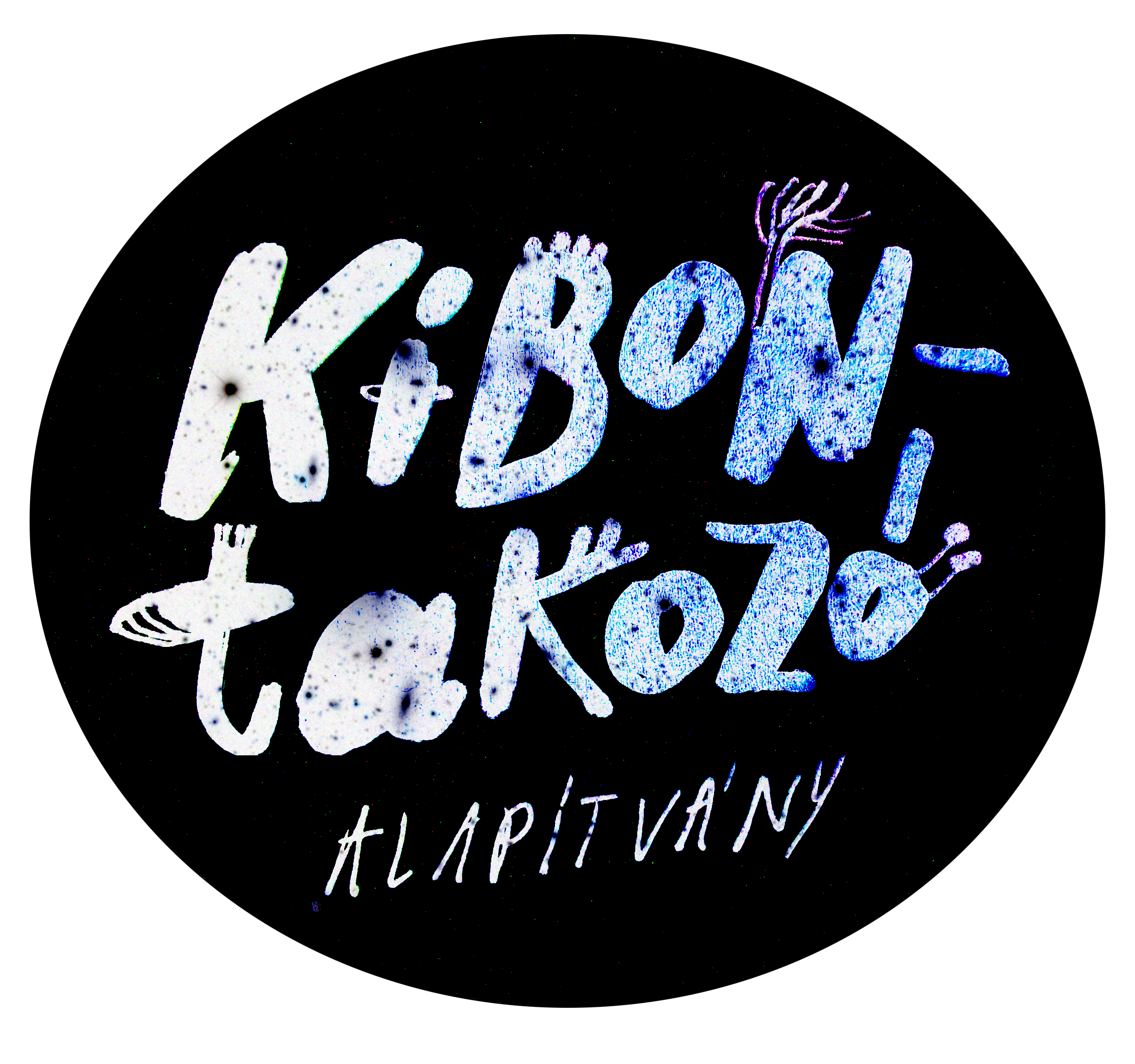LOG CULTURING ON NON-NATIVE TREE SPECIES
Join the community agroecology research!
- language: Hungarian
- duration: March – October 2024.
- partners: Auróra Climate Garden, Nyim Eco Community, Szezon Garden, Permaműhely
To take part write a mail to hello@kibo.hu until 31 March!

The FairY Circles project of Emergent Foundation invites everyone who wants to get closer to non-native trees and edible/medicinal mushrooms to take part in a community agroecological research.
By community agroecological research, we mean that, relying on the methods of participatory science, we try out new agroecological practices together and collect, share the data ‘harvested’ during the process, and then draw conclusions. In the meantime, we learn from the process and from each other, and create and strengthen relationships.
Last but not least, we grow medicinal food!
You can read more about agrooelology on the website of the Hungarian Agroecological Network, amongst other sources.
Log mushroom cultivation experiment with non-native trees
During a process of about half a year, we will share the practice of using logs of non-native tree species that are overpopulated in your environment to grow edible and medicinal mushrooms for yourself and your communities. It is important that you do not cut down trees just for the sake of this experiment. In many cases, invasive plants play an important ecological role in supporting the local habitat, and as soon as the habitat recovers from its disturbed state, the nutrient content and complexity of the soil increases, native species of the local flora reappear.
With your participation, we would like to collect a lot of data on which type of tree, under which conditions, which mushroom likes to grow, and how. We will collect data in text and image form and make it available to anyone.
Growing mushrooms with logs has many advantages:
simple, low-energy food and medicinal production
increasing the biodiversity and complexity of the habitat
supporting the decomposing processes
reducing the flammability of areas threatened by forest fires
Based on our observations and literary facts, we will work with two highly efficient and broad-spectrum decomposing fungi: split gill fungus and oyter species, which you will grow on the ‘invasive’ tree species that live in your environment, selected by you. The skills you aquire will allow you to grow any kind of gourmet or medicinal mushrooms later on.
For the experiment, we will give you mushroom yarn and simple cultivation practice, you only have to cover the postage. The six-month process will give you a total of about 15 hours of work: you can participate in an online presentation and training, inoculate your logs with mushrooms and submit data by observing the logs.
In this community agroecology research, we work together with the Auróra Climate Garden, the Nyim Eco Community, the Permaműhely, facilitated by biologist Kinga Fetykó and the Szezon Garden. These sites offer you a meeting and observation point, where you can learn from local experts and meet their specific work and interventions.
On March 17, in the Auróra Climate Garden, you could take part in a practical workshop presenting the research, where we will work with idol wood and split plate mushrooms. This event is supported by the Rainbow Mission Association and focuses on the situation of non-local people through the situation of non-local living beings and warmly welcomes people with refugee and immigrant backgrounds.
To take part write a mail to hello@kibo.hu until 31 March!
